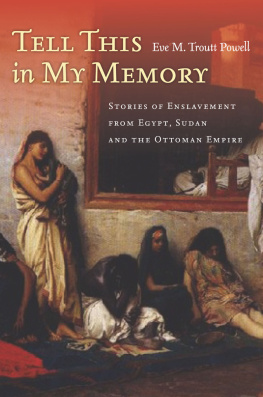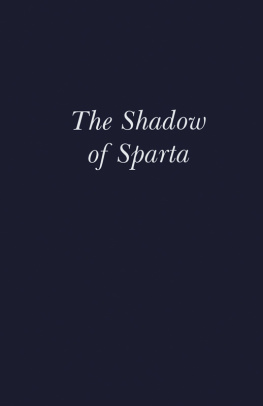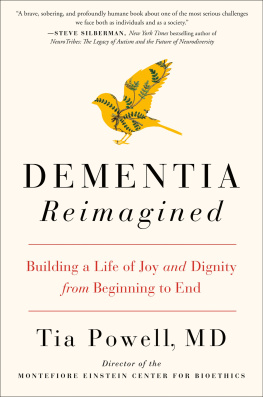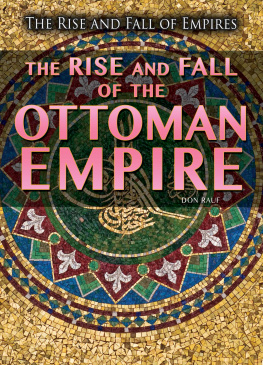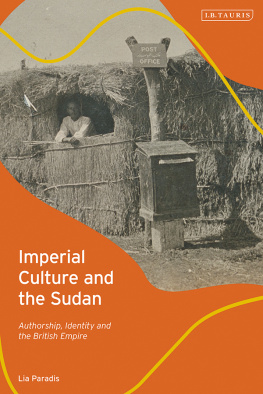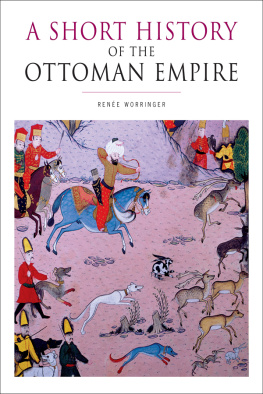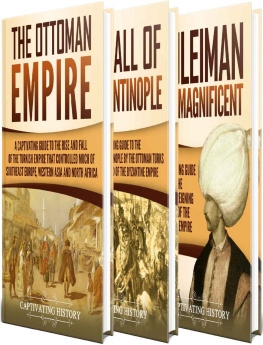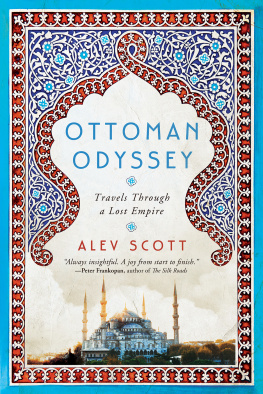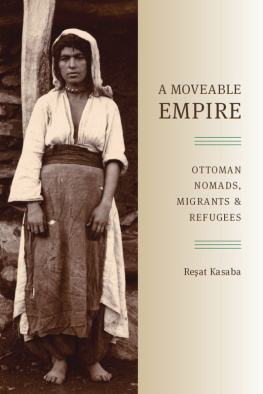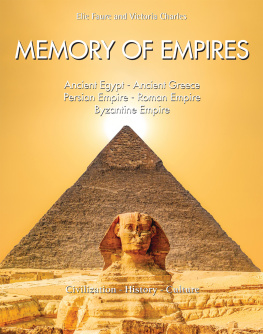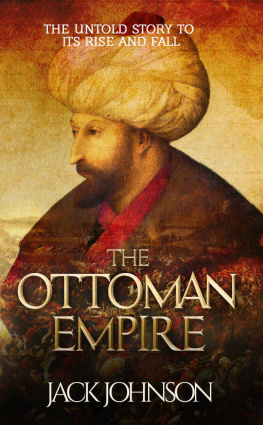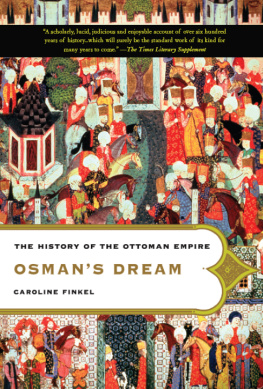Powell - Tell this in my memory: stories of enslavement from Egypt, Sudan, and the Ottoman Empire
Here you can read online Powell - Tell this in my memory: stories of enslavement from Egypt, Sudan, and the Ottoman Empire full text of the book (entire story) in english for free. Download pdf and epub, get meaning, cover and reviews about this ebook. City: Egypt;Stanford;CA;Sudan;Turkey, year: 2012, publisher: Stanford University Press, genre: Religion. Description of the work, (preface) as well as reviews are available. Best literature library LitArk.com created for fans of good reading and offers a wide selection of genres:
Romance novel
Science fiction
Adventure
Detective
Science
History
Home and family
Prose
Art
Politics
Computer
Non-fiction
Religion
Business
Children
Humor
Choose a favorite category and find really read worthwhile books. Enjoy immersion in the world of imagination, feel the emotions of the characters or learn something new for yourself, make an fascinating discovery.
- Book:Tell this in my memory: stories of enslavement from Egypt, Sudan, and the Ottoman Empire
- Author:
- Publisher:Stanford University Press
- Genre:
- Year:2012
- City:Egypt;Stanford;CA;Sudan;Turkey
- Rating:3 / 5
- Favourites:Add to favourites
- Your mark:
- 60
- 1
- 2
- 3
- 4
- 5
Tell this in my memory: stories of enslavement from Egypt, Sudan, and the Ottoman Empire: summary, description and annotation
We offer to read an annotation, description, summary or preface (depends on what the author of the book "Tell this in my memory: stories of enslavement from Egypt, Sudan, and the Ottoman Empire" wrote himself). If you haven't found the necessary information about the book — write in the comments, we will try to find it.
Tell this in my memory: stories of enslavement from Egypt, Sudan, and the Ottoman Empire — read online for free the complete book (whole text) full work
Below is the text of the book, divided by pages. System saving the place of the last page read, allows you to conveniently read the book "Tell this in my memory: stories of enslavement from Egypt, Sudan, and the Ottoman Empire" online for free, without having to search again every time where you left off. Put a bookmark, and you can go to the page where you finished reading at any time.
Font size:
Interval:
Bookmark:
Stanford University Press
Stanford, California
2012 by the Board of Trustees of the Leland Stanford Junior University.
All rights reserved.
No part of this book may be reproduced or transmitted in any form or by any means, electronic or mechanical, including photocopying and recording, or in any information storage or retrieval system without the prior written permission of Stanford University Press.
Printed in the United States of America on acid-free, archival-quality paper
Library of Congress Cataloging-in-Publication Data
Powell, Eve Troutt, author.
Tell this in my memory : stories of enslavement from Egypt, Sudan, and the Ottoman Empire / Eve M. Troutt Powell.
pages cm
Includes bibliographical references and index.
ISBN 978-0-8047-8233-3 (cloth : alk. paper)
ISBN 978-0-8047-8375-0 (e-book)
1. SlaveryEgyptHistory19th century. 2. SlavesEgyptHistory19th century. 3. SlaverySudanHistory19th century. 4. SlavesSudanHistory19th century. 5. SlaveryTurkeyHistory19th century. 6. SlavesTurkeyHistory19th century. I. Title.
HT1371.P69 2012
306.3620962dc23
2012019391
Typeset at Stanford University Press in 9.5/15 Palatino
Tell This in My Memory
STORIES OF ENSLAVEMENT FROM EGYPT, SUDAN, AND THE OTTOMAN EMPIRE
Eve M. Troutt Powell
STANFORD UNIVERSITY PRESS
STANFORD, CALIFORNIA
This book is meant to dignify the history of those who find themselves refugees.
Contents
Illustrations
Maps
Figures
Acknowledgments
If it takes a village to raise a child, the number of people who helped me research, write, and finish this book would fill an entire city; these words cannot encompass my deep gratitude to everyone who assisted me. I was fortunate to receive significant institutional funding and support from the John D. and Catherine T. MacArthur Fellowship Foundation, the Center for Arabic Studies Abroad, the Radcliffe Institute for Advanced Study, and the University of Pennsylvania. I have been equally fortunate with the opportunity to work with Kate Wahl, the executive editor of Stanford University Press, who somehow manages to make comments and suggestions that are inspirational while being helpful. Joa Suorez and Clementine Gannett Breslin put up with the hysteria of pre-production, and I am also deeply grateful to Carolyn Brown and Cynthia Lindlof for the final editing process. I also must thank the anonymous readers, who treated this book with mercy.
My beautiful friend Yar Deng led me years ago to a celebration of Joseph Bakhitas life. The paths of the former slaves in this book led me to the help of Abuna Ibrahim Riyadi, of the Church of the Sacred Virgin in Cairo, Egypt, and also to the resources of Ashraf Miladi, an Egyptian immigration lawyer with many insights about the situation of Cairos Sudanese refugees. Father Celestin of Saint Josephs Church in Zamalek (Cairo) warmly opened the doors of the library to me. The clergy of Sacred Heart Cathedral in Abbasiya (Cairo) welcomed me into the Josephine Bakhita Center, where Abuna Ibrahim and I were able to interview a group of women, all Sudanese refugees, all generous in sharing their experiences and time with me. But I could not have found Abuna Ibrahim without the institutional support of the Center for Arabic Studies Abroad and the guidance of its directors at the time, Mahmoud al-Batl in the United States and Zeinab Taha in Cairo.
In Rome, the gracious sisters at the headquarters of the Canossian Daughters of Charity did their utmost to share as many documents about Saint Josephine Bakhita as I could carry. I must thank in particular Mother Erika and Mother Velia for their tremendous efforts to share Saint Bakhitas intellectual life with me, as well for putting me in touch with Jeffrey Tiner, an inmate in Oregon who has become, after years of prayer and study, a true scholar of Saint Bakhita. The welcoming brothers of the Comboni Archive in Rome, notably Father Joaquim, also helped me find material on Father Daniel Sorur Pharim Deng and helped me understand the intellectual depth of this priests spirituality.
In the Sudan Archive at the University of Durham in the UK, Jane Hodgson worked tirelessly to help me find photographs of Sudanese slaves and to find as much material as possible on Salim C. Wilson. This is my second book project that I could not have completed without Janes kindness and support.
This project began as an idea at the University of Georgia in 2003. John Morrow, David Schoenbrun, Miranda Pollard, and John Inscoe were kind enough to listen, and Diane Batts Morrow was particularly generous with her ideas about the role of black women in the Catholic Church. Many of my earlier ideas about the bookthat it would revolve only around Saint Josephine Bakhitawere completely transformed by my fellow members at the Radcliffe Institute. I learned so much from Vince Brown, Salem Makuria, Tera Hunter, Susan Terrio, and Betty Shamieh that my project grew to incorporate the narratives of other former slaves and other former slave owners. Two sisters from Radcliffe, Kathy Peiss and Barbara Savage, have become my sisters in the History Department of Penn as well. Kathy listened carefully as the research changed, and Barbara read and reshaped my pages. I know that this book is so much better than it would have been without their care. Penn has been a wonderful place in which to grow a book, where I have been able to absorb the comments of colleagues who study different parts of the world, like Cheikh Babou, Peter Holquist, Firoozeh Kashani-Sabet, Steve Feiermann, Lynn Hollen Lees, Bruce Kuklick, Tukufu Zuberi, Ali Ali-Dinar, and Anne Norton. And without the administrative help of Deborah Broadnax, Joan Plonski, and Joslin Ham in the History Department, and Camille Charles, Carol Davis, and Gale Garrison in the Center for Africana Studies, I would simply have collapsed.
I can say with confidence that much of the research that went into this book could not have been finished without a stellar group of research assistants, both undergraduate and graduate students. Nicole Carter was of tremendous help while I was beginning the research at Radcliffe. Ori Pleban was a tireless assistant at Penn. Without Daniel Lammendolas translation of the Italian documents, I could never have unearthed so much about Saint Bakhita or her role in Italian society (or understood the recent movie about Bakhita without Daniels simultaneous translation; the film made us both cry). Manal Tahas research and comments have added depth and great help with Arabic translations as well. Ashley Freeman and Pasha Gol have also been monumental and instrumental in their research help in the last stages of the book.
I have learned so much from my graduate students and their fearless comments about slavery studies and Sudanese, Egyptian, and Ottoman history, and I can only hope that my help with the work of Marie Brown, Ceyda Karamursel, Katie Hickerson, Elizabeth Dyer, and Jeremy Dell is equal to their help with mine. I also deeply appreciate Shehab Ismails help and attentiveness to all questions about Ali Mubarak Pasha.
I have tried to track my acknowledgments through the cities and institutions where these dear colleagues and friends work, but I have to differently acknowledge those who are always there, no matter where I am or they are. Leslie Peirce, Michael A. Gomez, and Ehud Toledano shared so much wisdom. There is no archive where information about slaves in the Middle East is stored that Terry Walz has not discovered, and he always shares whatever he has. Herman Bennett and Jennifer Morgan literally helped me reorient myself. Beth Baron has been a guide all along the way. Israel Gershoni carefully, critically, and dependably read chapters sent in haste and anxiety. Roger Owen was there for almost every talk I gave. Sahar Bazzaz and Bill Granara have been friends like the best innseach always finds room for me.
Next pageFont size:
Interval:
Bookmark:
Similar books «Tell this in my memory: stories of enslavement from Egypt, Sudan, and the Ottoman Empire»
Look at similar books to Tell this in my memory: stories of enslavement from Egypt, Sudan, and the Ottoman Empire. We have selected literature similar in name and meaning in the hope of providing readers with more options to find new, interesting, not yet read works.
Discussion, reviews of the book Tell this in my memory: stories of enslavement from Egypt, Sudan, and the Ottoman Empire and just readers' own opinions. Leave your comments, write what you think about the work, its meaning or the main characters. Specify what exactly you liked and what you didn't like, and why you think so.

